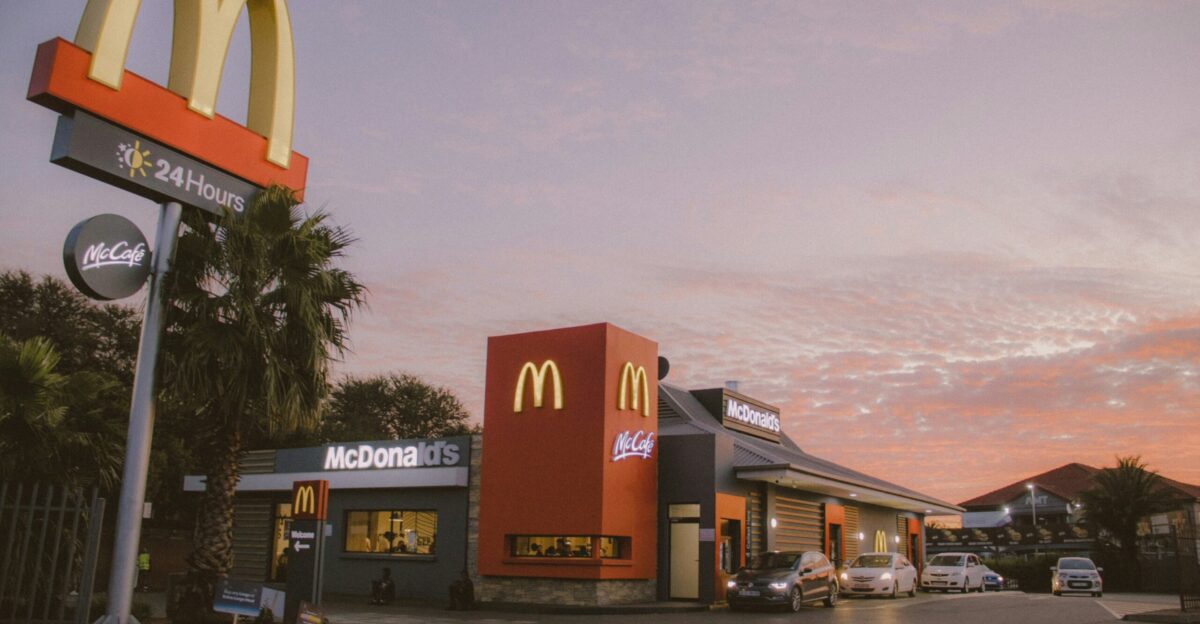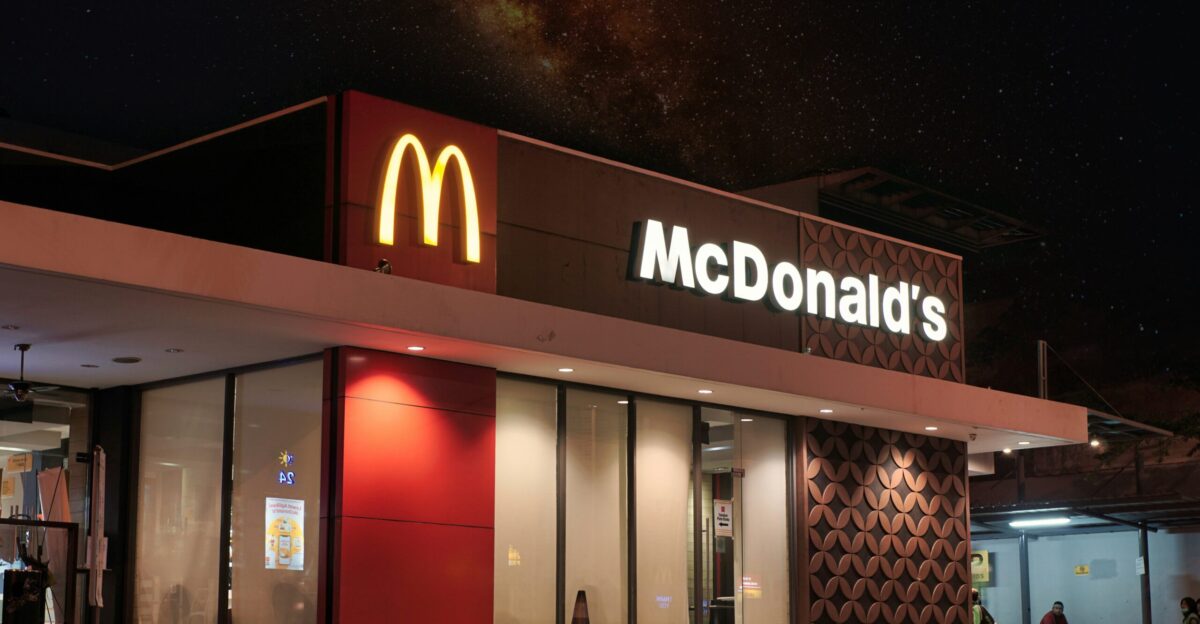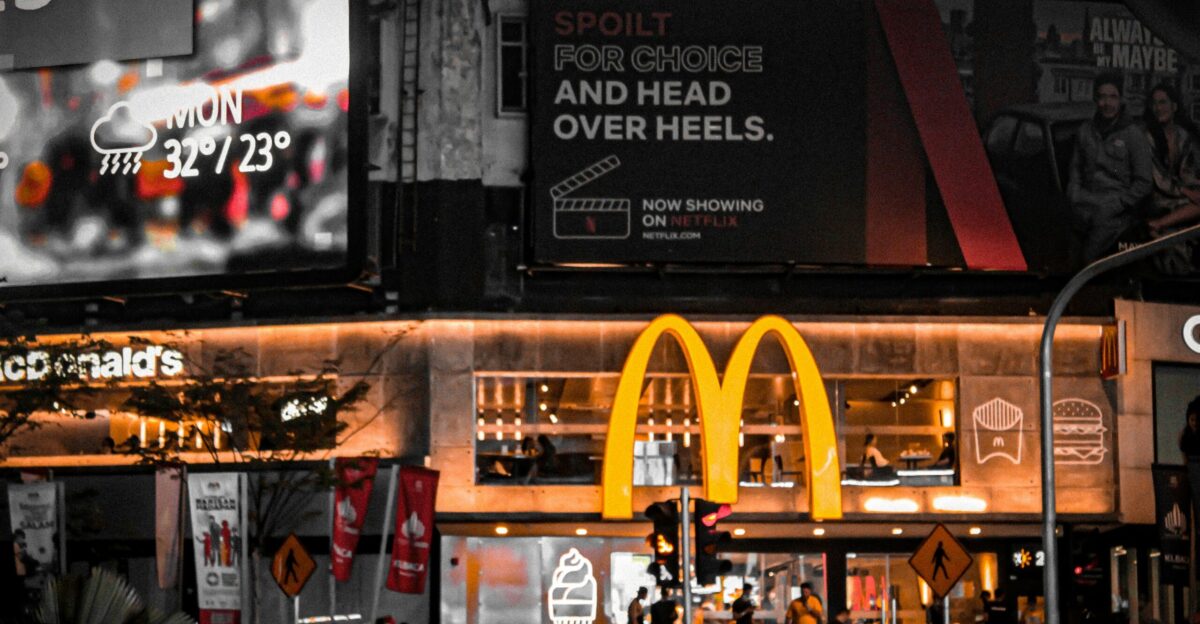
A powerful consumer movement is gaining momentum across the United States, targeting one of the most iconic fast-food chains. This coordinated action threatens to disrupt business unprecedentedly, signaling widespread dissatisfaction beyond typical customer complaints. The movement’s organizers aim to leverage consumer spending power to demand change, making this more than just a protest; it’s an economic challenge that could reshape corporate accountability in the fast-food industry.
What sparked this nationwide call to action? The answer lies in a mix of corporate practices and social issues that have ignited public outrage. This unfolding story is poised to affect millions of customers and franchisees alike, making it a critical moment for one of the world’s largest restaurant chains.
Nationwide Reach: Impact Across States and Communities

The boycott is not confined to a single city or region; it spans the entire country. From small towns to major metropolitan areas, McDonald’s locations feel the effects as customers heed calls to avoid the chain. This coordinated effort is part of a broader “economic blackout” campaign, where consumers are urged to withhold their spending to pressure corporations into reform.
The movement’s scale demonstrates a growing trend of grassroots activism influencing national economic patterns. Communities are watching closely as local franchise owners grapple with declining sales, and the ripple effects extend beyond restaurants into the broader economy.
A Cultural Icon Under Scrutiny

McDonald’s has been synonymous with American fast food for decades, representing convenience, affordability, and family tradition. Generations have grown up enjoying its menu, making it a cultural touchstone. However, beneath this nostalgic image lies growing dissatisfaction fueled by recent corporate decisions and economic pressures.
What was once a symbol of accessible comfort food is now at the center of debates about corporate responsibility, labor rights, and social justice. This shift reflects broader societal changes where consumers increasingly demand ethical business practices from their favorite brands.
Rising Tensions: Economic and Social Pressures Mount

Several factors have converged to create a perfect storm for McDonald’s. Inflation and economic uncertainty have led to significant price increases on menu items, with some customers reporting a 40% rise since 2019. At the same time, the company has faced criticism for its tax strategies, low wages, and scaling back of diversity, equity, and inclusion (DEI) initiatives.
These issues have fueled public frustration, especially among workers and socially conscious consumers. Media reports highlight how these controversies have eroded trust and contributed to declining sales, setting the stage for the boycott.
The Boycott Unveiled: What’s at Stake?

From June 24 to June 30, 2025, The People’s Union USA is leading a nationwide boycott of McDonald’s. The group demands fair taxation, an end to price gouging, improved wages, and genuine corporate accountability. They also criticize McDonald’s rollback of DEI programs, accusing the chain of performative efforts rather than meaningful change.
The boycott is described as an “economic blackout,” aiming to hit McDonald’s where it hurts most, its revenue. This week-long protest is part of a larger campaign targeting multiple corporations in the coming months, signaling sustained pressure on big business to reform.
Local Franchisees Feel the Pinch

Franchise owners across the country are experiencing a tangible impact from the boycott. Many report significant drops in customer traffic and sales during the boycott period. These franchisees often find themselves caught between corporate policies and consumer backlash, striving to maintain their businesses and support their employees amid uncertainty.
Some express concern over the long-term effects if such movements gain traction, highlighting the complex dynamics between local operators and corporate headquarters. The economic strain on these small business owners adds another layer to the boycott’s consequences.
Voices from the Frontline: Franchise Owners and Workers

Interviews with franchise owners and employees reveal a nuanced picture. While many workers support calls for better wages and working conditions, franchisees emphasize their commitment to communities and employees despite corporate challenges.
They face difficult decisions balancing operational costs with maintaining staff morale and customer service. This internal tension underscores the broader conflict between grassroots activism and the realities of running a franchise. Workers’ rights and fair pay remain central themes driving the boycott, reflecting deeper labor issues in the fast-food sector.
Competitors Poised to Capitalize

As McDonald’s navigates this turbulent period, competitors closely observe the situation. Other fast-food chains may benefit from shifting consumer loyalties as customers explore alternatives amid dissatisfaction. This boycott could accelerate changes in market share and consumer preferences, especially as economic pressures encourage more selective spending.
The fast-food industry is at a crossroads, with transparency, ethical practices, and value increasingly influencing consumer choices. How competitors respond could redefine the landscape of quick-service dining.
Broader Economic and Consumer Trends

The boycott is part of a broader shift in consumer behavior influenced by inflation, economic anxiety, and a growing demand for corporate responsibility. Data shows declining visits to fast-food restaurants and heightened scrutiny of business practices.
Consumers increasingly favor brands that demonstrate fairness, inclusivity, and ethical governance. This evolving consumer mindset challenges companies to adapt or risk losing relevance. The McDonald’s boycott exemplifies how economic and social factors intertwine to reshape spending habits and brand reputations.
The Road Ahead: Uncertain Outcomes

Will this boycott be a turning point for McDonald’s and the fast-food industry? The campaign’s success depends on sustained consumer engagement and corporate responsiveness. McDonald’s faces the dual challenge of addressing public concerns while stabilizing its business amid economic headwinds.
The coming months will reveal whether this movement sparks lasting change or fades as a temporary protest. Regardless, it signals a new era where consumer activism can significantly influence corporate behavior and industry practices.
